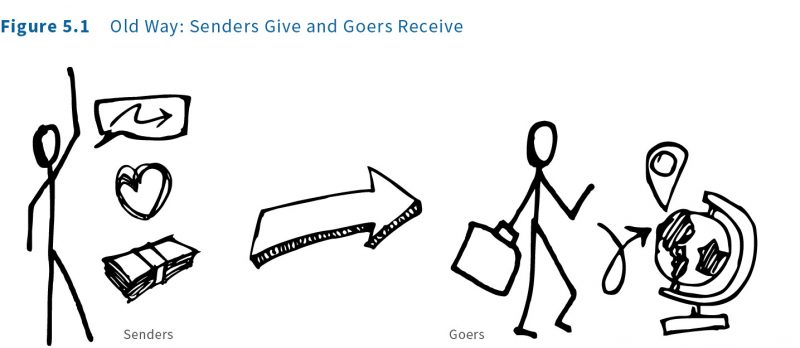Related Articles
Sending and Receiving in Light of Equal Partnerships in Mission
The concept of partnership in mission is the focus of discussion and debate across a wide spectrum of mission agencies. This article looks at issues of partnership as expressed in the sending and receiving of personnel in cross-cultural mission.
Sending and Receiving in Light of Equal Partnerships in Mission
The concept of partnership in mission is the focus of discussion and debate across a wide spectrum of mission agencies. This article looks at issues of partnership as expressed in the sending and receiving of personnel in cross-cultural mission.
Welcoming the Stranger
Presenter: Matthew Soerens, US Director of Church Mobilization, World Relief Description: Refugee and immigration issues have dominated headlines globally recently. While many American Christians view these…
Mapping Church Missions: A Compass for Ministry Strategy
Description: The terrain of church missions is often bewildering. Should we prioritize evangelism or works of service?



